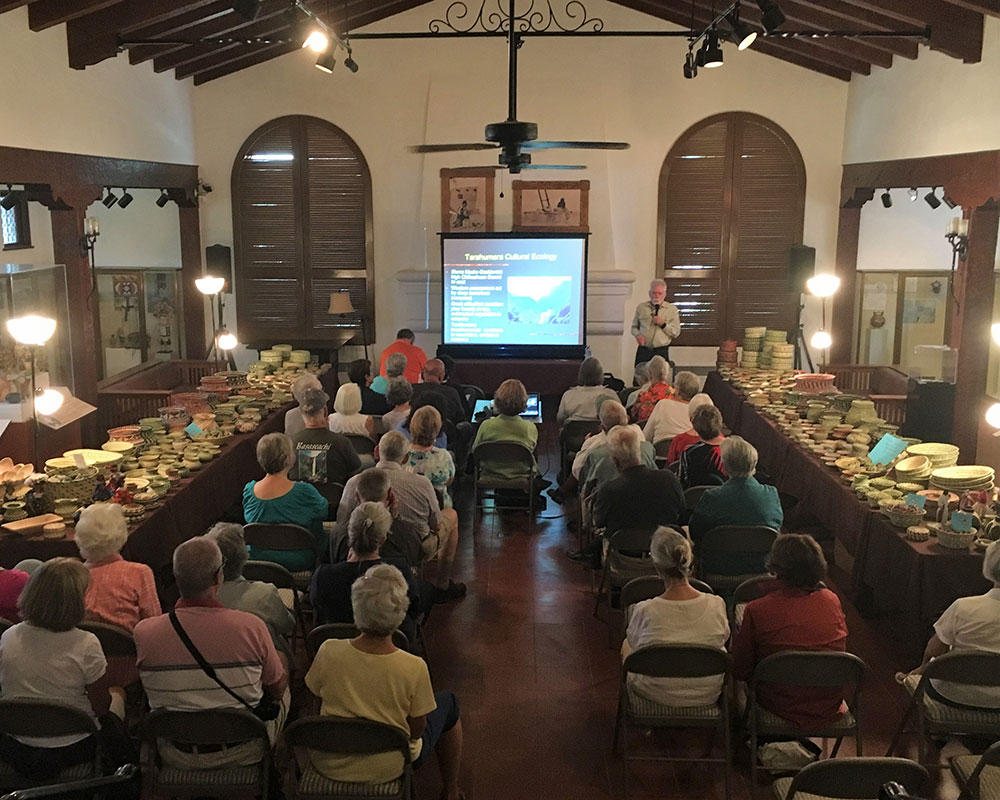Great Towns and Regional Polities: Cultural Evolution in the United States Southwest and Southeast
March 5-12, 1994

Seminar Participants
- David Anderson, National Park Service
- Charles Cobb, State University of New York, Binghamton
- Linda S. Cordell, University of Colorado Museum
- Robert D. Drennan, University of Pittsburgh
- Suzanne K. Fish, Arizona State Museum
- George Holley, Southern Illinois University, Edwardsville
- Stephen H. Lekson, Crow Canyon Archaeological Center
- Randall H. McGuire, State University of New York, Binghamton
- George Milner, Pennsylvania State University
- Jon Muller, Southern Illinois University, Carbondale
- Jill E. Neitzel, University of Delaware
- John F. Scarry, University of Kentucky
- David R. Wilcox, Museum of Northern Arizona
- Anne I. Woosley, The Amerind Foundation, Inc.
- Norman Yoffee, University of Michigan
Seminar Abstract
This seminar was organized around the complex issues relating to prehistoric sociopolitical developments in the U. S. Southwest and Southeast. Participants, all active researchers, met to debate and examine systematically the evolution of sociopolitical organization in their respective regions, to address questions of comparability between each, and to draw general conclusions about similarities and differences between events and processes in the Southwest and Southeast.
Questions of cultural evolution demand both the broad stroke approach as well as specificity. Often archaeologists are too insular in their attempts to interpret culture change, looking only to a particular river valley or the single large site. In contrast, here we convened scholars from two macro-regions for which the emergence of complex polities has been suggested after c. A.D. 900. The processes leading to such political development (if indeed they did occur) can only be investigated through the interaction of individuals who collectively have intimate knowledge of the Southwest and Southeast. External discussants, representing Mesoamerica and West Asia, where political complexity is unquestionably known to have evolved, provided critical commentary for broad themes under review including: (1) How great were southwestern and southeastern towns?; (2) How complex were their associated polities?; (3) How were the polities organized?; (4) What was the nature of linkages binding polities into macro-regional systems?; (5) What linkages did the macro-regions have with Mesoamerica?; (6) How well do current evolutionary models explain southwestern and southeastern sociopolitical developments?
